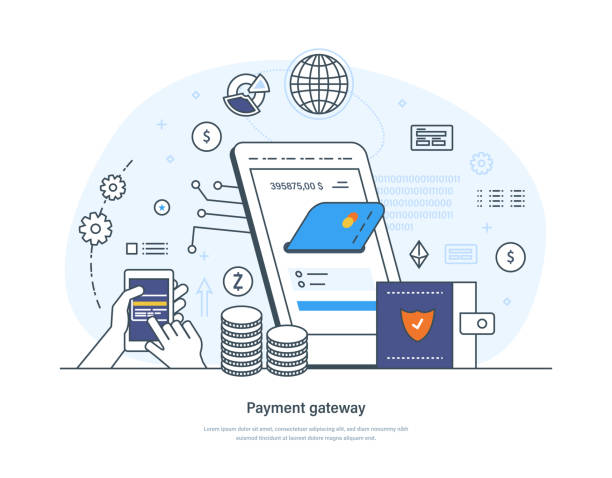Bill Processing & Payments

Key Aspects of Payment Gateways
1. **Data Security and Compliance:**
Pill processing systems must adhere to strict data security standards, especially when handling sensitive patient information. Compliance with regulations such as the Health Insurance Portability and Accountability Act (HIPAA) is paramount to safeguard patient privacy and maintain trust in the healthcare system.
2. **Integration with Electronic Health Records (EHR):**
Seamless integration with EHR systems is essential for effective pill processing. This integration streamlines communication between healthcare providers and pharmacies, ensuring accurate prescription details and minimizing errors in medication dispensing.
3. **Payment Processing and Insurance Claims:**
Efficient payment processing is critical for both patients and healthcare providers. Pill processing systems should support various payment methods and facilitate quick and secure transactions. Integration with insurance systems is also crucial to streamline the claims process, reducing administrative burdens and ensuring timely reimbursements.
4. **Telehealth and Remote Payments:**
With the rise of telehealth services, the ability to process payments remotely has become increasingly important. Pill processing systems should support secure online payment methods, providing patients with a convenient and accessible way to settle bills and co-payments.
5. **User-Friendly Interfaces:**
Both healthcare professionals and patients interact with pill processing systems, so user-friendly interfaces are vital. Intuitive design and navigation enhance user experience, reducing the likelihood of errors and ensuring that the system is accessible to individuals with varying levels of technological proficiency.
6. **Real-time Monitoring and Reporting:**
Pill processing systems should offer real-time monitoring capabilities for healthcare providers and pharmacists. This allows for quick identification of issues, such as medication shortages or billing discrepancies, enabling timely intervention and resolution.